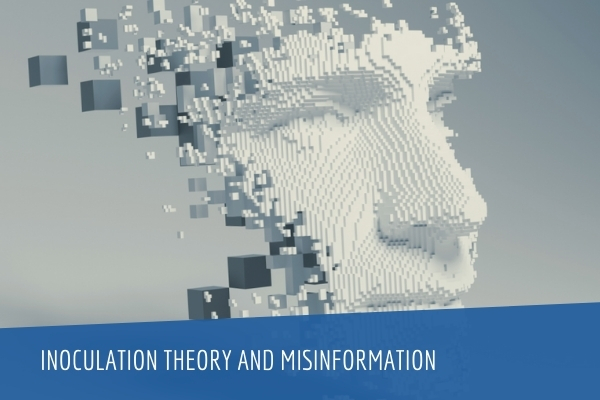The spread of false and misleading information both online and offline poses a threat to the wellbeing of individuals, democratic institutions, and societies around the world. The harmful consequences of the spread of false and/or misleading information can be seen in the proliferation of anti-vax groups on Facebook, lack of confidence in the science of climate change, acts of vandalism committed on the basis of false conspiracy theories about COVID-19, and its influence on the exacerbation of radicalisation and polarisation. However, a lack of consensus with respect to what constitutes “misinformation” (for example: focusing exclusively on false information is problematic because truth value can be difficult to determine objectively, and misleading and/or hyperpartisan content may significantly outweigh “fake news”), and disagreement about the efficacy of various efforts to mitigate the spread of misinformation through algorithms legislation, or content moderation means that no single intervention is likely to be sufficient. In this report, we explore the role that psychology and behavioral science can play in the mitigation of online misinformation.
To do so, we first discuss how to define “misinformation”, and how it relates to various other commonly used terms such as “disinformation” and “fake news”. Next, we examine the psychology of correcting misinformation: what happens when someone is exposed to a fact check, and what are the benefits and drawbacks of correcting misinformation once the damage is already done? Finally, we discuss how to build psychological resilience against misinformation through psychological “vaccines” or “inoculation”: we look at the theoretical background of inoculation theory (dating back to the 1960s), its modern application within the context of online misinformation (in online games and educational videos), and future prospects and research avenues in the field.
